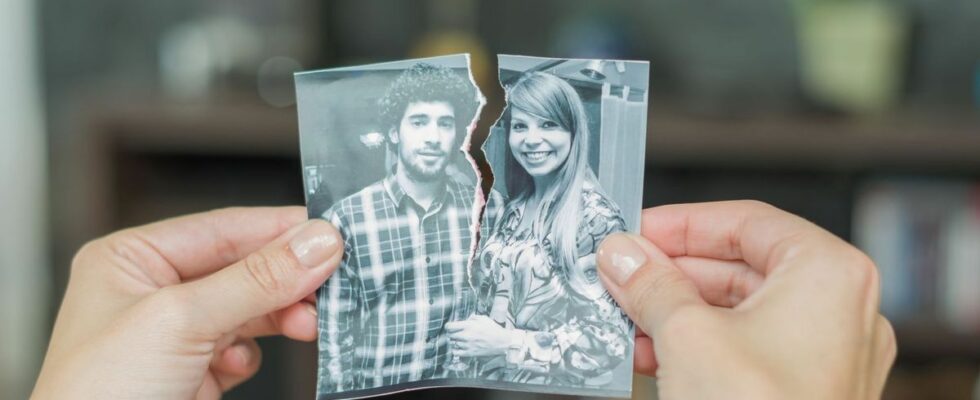Published on
updated on
Reading 2 min.
Do you have a tumultuous relationship with your partner, going from passionate love to irrational hatred? An American psychologist, Mark Travers, deciphers this type of relationship and explains its causes.
With your partner, do you go from love to hate in the blink of an eye? Exhausting, this type of dual relationship, which maintains both a strong feeling of love for one’s partner but also negative emotions, is perfectly explained according to the American psychologist Mark Travers, in an article for Forbes.
A romantic relationship punctuated by periods of conflict
According to the expert, who cites a scientific study published in 2017, in some romantic relationships, there is a kind of duality between love and hate. This generates an unstable and unpredictable relationship, with moments of intense closeness interspersed with periods of conflict – and resentment! – between the two partners.
Which couples are most likely to experience this type of relationship?Researchers have found that people often fall in love of those they believed to be similar to them in terms of values, beliefs, and interests. They also found that individuals who loved their partner more intensely because of these similarities also experienced stronger feelings of hatred when that partner betrayed them.” reports the psychologist.
There are two reasons for this type of relationship.
According to the psychologist, what triggers the outbursts of anger and hatred in this type of relationship is emotional jealousy, a feeling perceived as a betrayal.When a partner perceives that their romantic relationship is threatened, whether by a rival or by their partner’s actions, it can evoke intense feelings of jealousy. This often stems from fear and insecurity, emotions that can quickly turn into anger and resentful when the perceived threat begins to seem real” defines Mark Travers.
The other contributing factor to this type of “love-hate” relationship is a sense of unequal emotional investment on the part of one partner.”When one partner feels like they are giving more than they are receiving, it can create a sense of inequity and dissatisfaction. This imbalance, if left unaddressed, can gradually turn love into resentment and eventually hate.” adds the psychologist.
A feeling that damages the relationship over time.”People who have previously experienced hatred toward their partner have less intimacy, satisfaction, and love in their relationships. Even if feelings of hatred eventually fade, these negative emotions can persist, affecting the relationship in subtle but significant ways.“.
If you are currently in such a relationship, know that hatred is a destructive feeling and it can be difficult to continue, even if you deeply love your partner.
For Mark Travers, love-hate relationships are complex and emotionally charged.Beneath the feeling of hatred often lies a deeper layer of hurt, rejection, solitudeof fear and anger due to the harm done.” On the contrary, “True love, based on understanding, empathy and personal responsibility, struggles to coexist with such hatred.” he analyzes.
But for the psychologist, the relationship can still exist.”This doesn’t mean that a relationship marked by these feelings is doomed, but it does signal that there are unresolved emotions that need your attention. If you’re feeling these feelings, it’s best to try to analyze them to understand where they’re coming from. After all, love flourishes best when it’s free of the shadow of unaddressed pain.” he concludes.

